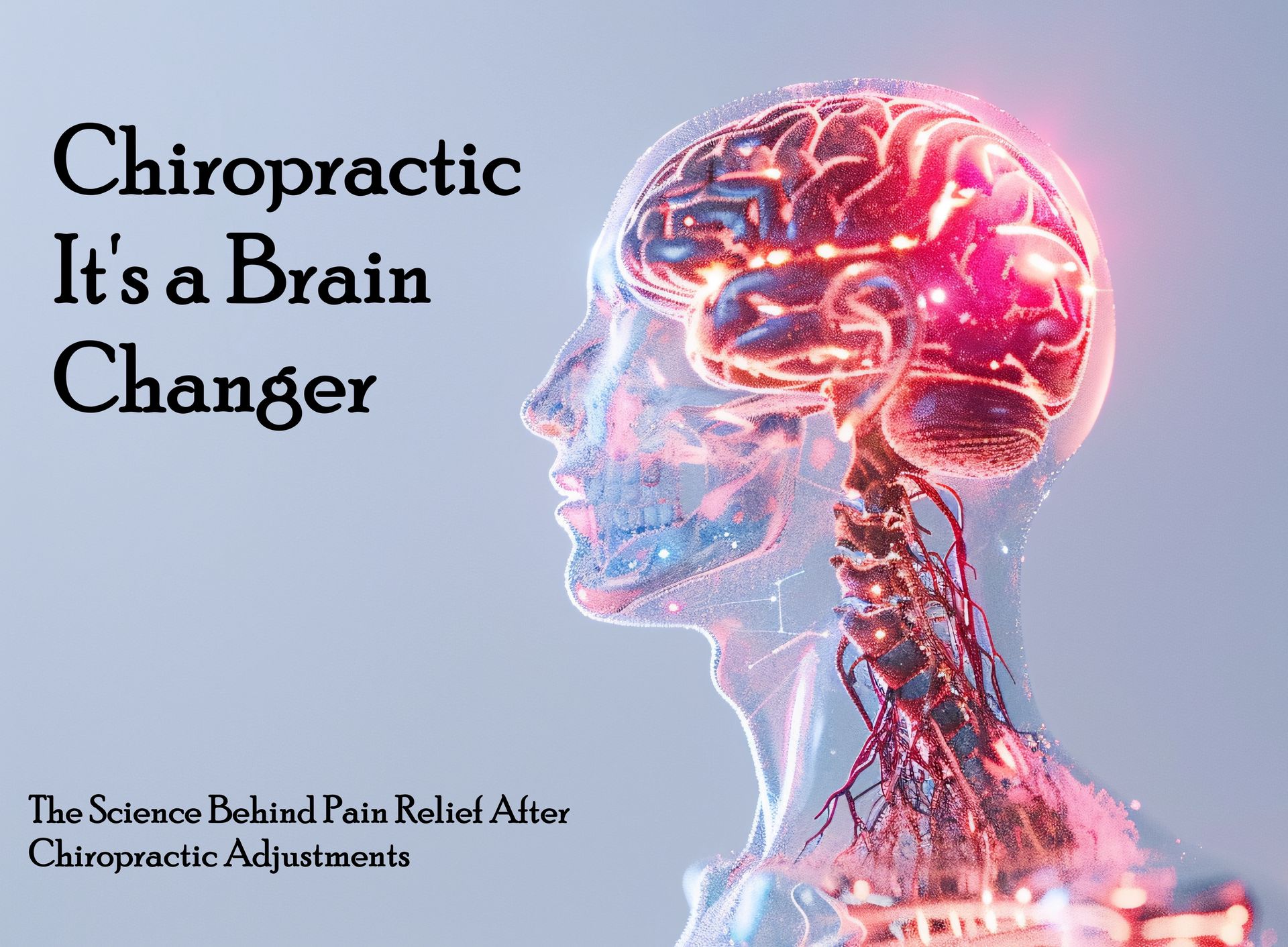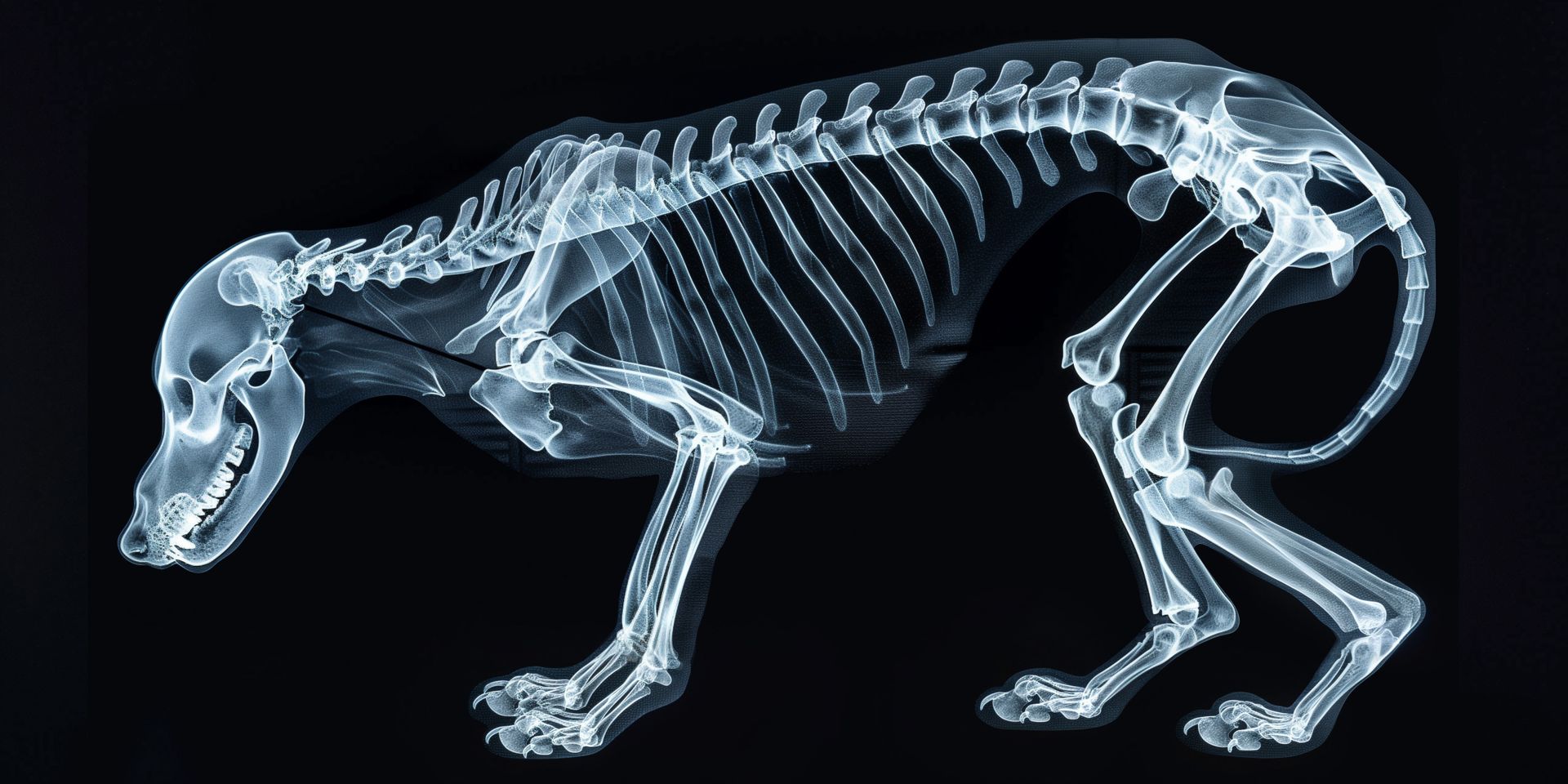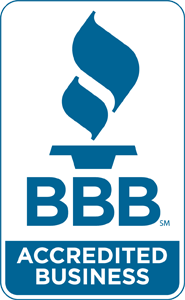By Louise Blankenship
•
April 14, 2025
Nourishing your body with the right food forms the cornerstone of any effective wellness routine. Incorporating nutrient-dense options into your daily meals not only supports your physical health but also enhances your mental well-being. This comprehensive guide explores the most beneficial foods to include in your wellness regimen, offering practical suggestions for integrating these powerhouses into your everyday life. A balanced approach to nutrition involves selecting foods from various categories, ensuring you receive a full spectrum of vitamins, minerals, and other essential nutrients. By making informed choices about what goes on your plate, you create a foundation for optimal health that complements other aspects of your wellness practice. The foods outlined in this guide have been selected based on their nutritional profiles, accessibility, and versatility. Whether you're looking to revamp your entire diet or simply add a few nutritious options to your current routine, these recommendations provide a starting point for cultivating healthier eating habits that support your overall wellness goals. Remember that individual nutritional needs vary, and what works for one person may not be ideal for another. Consider consulting with a healthcare professional or registered dietitian to tailor these suggestions to your specific requirements and health conditions. Vibrant Fruits for Daily Vitality Fruits represent nature's sweet gifts, packed with essential nutrients that support numerous bodily functions. Their natural sugars provide quick energy, while their fiber content helps maintain digestive health. Including a variety of colorful fruits in your wellness routine ensures you benefit from different phytonutrients and antioxidants. Antioxidant-Rich Berries Berries stand out as nutritional powerhouses in the fruit world. Blueberries contain impressive levels of antioxidants that combat oxidative stress and support cognitive function. Their deep blue hue comes from anthocyanins, compounds linked to improved memory and reduced inflammation. Incorporate them into morning smoothies, sprinkle them over yogurt, or enjoy them as a refreshing snack on warm days. Strawberries deliver an exceptional amount of vitamin C—more than oranges by weight—while remaining low in calories and carbohydrates. These ruby-red delights support immune function, collagen production, and skin health. Their natural sweetness makes them perfect for satisfying dessert cravings without compromising your wellness goals. Raspberries and blackberries contribute significant dietary fiber, supporting gut health and promoting feelings of fullness. Their seeds contain beneficial omega-3 fatty acids, adding another dimension to their nutritional profile. Try mixing different berries together for a colorful breakfast topping or afternoon pick-me-up that delivers multiple health benefits in every bite. Versatile Tropical Fruits Bananas offer convenient nutrition in a portable package. Their potassium content supports heart health and muscle function, while vitamin B6 aids in brain development and function. The natural sugars in bananas, combined with their fiber content, provide sustained energy that makes them ideal before or after physical activity. Their creamy texture works wonderfully in smoothies, baked goods, or simply enjoyed on their own. Mangoes deliver over 20 different vitamins and minerals, including significant amounts of vitamins A and C. These tropical treasures support immune function, vision health, and skin integrity. Their vibrant flavor can transform ordinary dishes into exotic culinary experiences. Try adding diced mango to salads, salsas, or yogurt bowls for a nutritional boost with tropical flair. Pineapples contain bromelain, an enzyme mixture with anti-inflammatory properties that may help reduce swelling and promote recovery after intense physical activity. Their vitamin C content supports collagen production and immune function. The sweet-tart flavor of fresh pineapple can brighten smoothies, fruit salads, or grilled dishes, adding both nutrition and tropical appeal to your wellness routine. Everyday Fruit Essentials Apples truly embody the wisdom behind "an apple a day keeps the doctor away." Their combination of soluble and insoluble fiber supports digestive health, while their antioxidant content contributes to overall wellness. The convenience of apples makes them perfect for busy lifestyles—wash, slice, and enjoy, or pair with protein-rich nut butter for a balanced snack that supports your wellness goals. Avocados stand apart from other fruits due to their healthy fat content rather than natural sugars. These creamy green gems provide monounsaturated fats that support heart health and nutrient absorption. Their versatility extends from breakfast toast toppings to salad additions and even dessert ingredients. The combination of healthy fats, fiber, and potassium makes avocados a nutritional standout worth including regularly. Citrus fruits like oranges, grapefruits, and lemons deliver vitamin C along with unique flavonoids that support immune function and overall health. Their refreshing acidity can brighten both sweet and savory dishes, while their aromatic qualities enhance the sensory experience of eating. Keep citrus fruits on hand for quick snacking, fresh juices, or flavor-enhancing additions to water and culinary creations. Nutrient-Dense Vegetables for Optimal Health Vegetables form the backbone of any wellness-focused eating pattern, providing essential vitamins, minerals, and fiber with minimal calories. Their diverse colors indicate different phytonutrient profiles, making variety key to maximizing nutritional benefits. Incorporating vegetables from different families ensures you receive a broad spectrum of health-supporting compounds. Leafy Green Powerhouses Kale stands as a nutritional giant among leafy greens, delivering exceptional amounts of vitamins K, A, and C along with manganese and copper. Its robust fiber content supports digestive health, while its antioxidants combat oxidative stress. The slightly bitter flavor of kale becomes milder when massaged with a bit of olive oil and lemon juice, making it more approachable for those new to this nutritional powerhouse. Spinach offers impressive nutritional density with minimal calories. Its iron content supports oxygen transport throughout the body, while its vitamin K contributes to bone health. The mild flavor of spinach makes it exceptionally versatile—add it to smoothies for invisible nutrition, use it as a salad base, or wilt it into soups and stews for an easy nutritional boost to everyday meals. Swiss chard combines beautiful colored stems with nutrient-rich leaves, providing visual appeal alongside health benefits. Its betalain pigments offer antioxidant and anti-inflammatory properties, while its vitamin K, magnesium, and potassium support various bodily functions. Try sautéing Swiss chard with garlic and olive oil for a simple side dish that delivers maximum nutrition with minimal effort. Collard greens bring significant calcium to the table, supporting bone health and cellular function. Their sturdy leaves stand up well to cooking, maintaining both texture and nutritional value. Use collard leaves as natural wraps for sandwich fillings, or simmer them slowly with aromatic vegetables for a traditional side dish that honors both wellness and cultural food traditions. Cruciferous Vegetable Champions Broccoli delivers exceptional nutritional value, providing vitamin C, vitamin K, folate, and fiber in significant amounts. Its sulforaphane content, a compound activated when the vegetable is chopped or chewed, has been studied for potential cancer-fighting properties. The versatility of broccoli makes it easy to include in your wellness routine—enjoy it raw with dips, lightly steamed as a side dish, or incorporated into stir-fries and casseroles. Cauliflower has gained popularity as a versatile substitute for higher-carbohydrate foods. Beyond its adaptability, cauliflower provides vitamin C, vitamin K, and various B vitamins that support energy production and cellular function. Try roasting cauliflower with olive oil and spices for a caramelized flavor experience, or process it into "rice" for a nutrient-dense base that complements various cuisines. Brussels sprouts pack impressive nutrition into their compact form, offering vitamin K, vitamin C, and numerous antioxidants. Their fiber content supports digestive health, while their glucosinolates contribute to their distinctive flavor and potential health benefits. Roasting Brussels sprouts until caramelized transforms their flavor profile, making them appealing even to those who have previously avoided this nutritional powerhouse. Cabbage offers exceptional nutritional value at a budget-friendly price point. Its vitamin C content supports immune function, while its fiber promotes digestive health. The versatility of cabbage extends from fresh slaws to fermented preparations like sauerkraut and kimchi, which add beneficial probiotics to its already impressive nutritional profile. Incorporating cabbage in different forms ensures you receive its benefits while maintaining culinary interest. Colorful Vegetable Varieties Bell peppers in various colors contribute vitamin C, vitamin A, and numerous antioxidants to your wellness routine. Their crisp texture and sweet flavor make them enjoyable raw or cooked, while their hollow structure creates natural vessels for nutritious fillings. Red peppers contain the highest levels of antioxidants due to their extended ripening time, but all colors offer significant nutritional benefits worth including regularly. Carrots provide exceptional beta-carotene, which the body converts to vitamin A to support vision and immune function. Their natural sweetness makes them appealing across age groups, while their versatility extends from raw snacking to roasted side dishes and baked goods. The satisfying crunch of raw carrots makes them perfect for mindful eating practices that enhance the overall wellness experience. Tomatoes deliver lycopene, a powerful antioxidant that becomes more bioavailable when the vegetable is cooked. Their versatility spans from fresh salads to cooked sauces, making them easy to incorporate into various culinary traditions. Growing cherry tomatoes on a sunny windowsill can connect you with your food source while providing fresh flavor for minimal effort—a win for both nutrition and mindful eating practices. Sweet potatoes offer complex carbohydrates alongside beta-carotene, vitamin C, and potassium. Their natural sweetness satisfies cravings while providing sustained energy and numerous micronutrients. Baking sweet potatoes concentrates their flavor while preserving their nutritional value, creating a simple yet satisfying addition to meals that supports your wellness goals without complicated preparation. Protein-Rich Foods for Strength and Recovery Protein serves as the building block for tissues throughout the body, supporting everything from muscle maintenance to immune function. Including quality protein sources in your wellness routine ensures your body has the amino acids needed for repair, recovery, and optimal function. Diversifying protein sources provides different nutrient profiles and keeps meals interesting. Lean Animal Proteins Chicken breast provides exceptional protein density with minimal fat, making it a staple for those focused on muscle maintenance and recovery. Its mild flavor serves as a canvas for various seasonings and preparation methods, while its quick cooking time makes it practical for busy lifestyles. Preparing extra chicken during cooking sessions creates convenient protein options for salads, wraps, and quick meals throughout the week. Turkey offers similar nutritional benefits to chicken with a slightly different flavor profile. Its impressive protein content supports tissue repair, while its B vitamins contribute to energy metabolism. Ground turkey can substitute for higher-fat meat options in numerous recipes, creating more wellness-aligned versions of favorite dishes without sacrificing flavor or satisfaction. Lean beef provides highly bioavailable iron alongside complete protein, supporting oxygen transport and muscle function. Selecting grass-fed options when possible adds beneficial omega-3 fatty acids to the nutritional profile. Incorporating lean beef occasionally rather than daily creates balance while still benefiting from its unique nutrient contributions, particularly for those with increased iron needs. Pork tenderloin stands as one of the leanest cuts available, offering protein, B vitamins, and minerals with minimal fat. Its versatility in the kitchen allows for various flavor profiles from different culinary traditions. Marinating pork tenderloin before cooking enhances both flavor and tenderness, creating a satisfying protein option that supports your wellness goals without excessive calories or saturated fat. Seafood Selections Salmon delivers exceptional nutrition through its combination of high-quality protein and omega-3 fatty acids. These beneficial fats support heart health, brain function, and inflammation management—key components of overall wellness. Wild-caught salmon typically contains higher omega-3 levels than farmed varieties, though both offer significant nutritional benefits worth including regularly in your wellness routine. Sardines provide impressive nutrition in a small package, offering protein, omega-3s, calcium (when consumed with bones), and vitamin D. Their convenience as a shelf-stable option makes them perfect for busy lifestyles or emergency food supplies. Try mashing sardines with avocado and lemon juice for a nutrient-dense spread, or add them to pasta dishes for a flavor boost alongside nutritional benefits. Trout offers similar benefits to salmon with a milder flavor profile that some find more approachable. Its protein supports muscle maintenance, while its omega-3 content contributes to cognitive and cardiovascular health. Preparing trout with simple seasonings allows its delicate flavor to shine while delivering maximum nutritional value with minimal culinary complexity. Shellfish like shrimp, mussels, and clams provide exceptional nutritional density, offering protein, vitamins, and minerals with minimal calories. Their quick cooking time makes them practical for weeknight meals that support your wellness goals without extensive preparation. Varying your seafood selections ensures diverse nutrient intake while keeping meals interesting and enjoyable. Plant-Based Protein Sources Lentils stand out among plant proteins for their impressive nutritional profile, offering protein, fiber, iron, and folate. Their quick cooking time compared to other legumes makes them practical for busy lifestyles, while their ability to absorb flavors creates culinary versatility. Incorporating lentils into soups, salads, and main dishes adds nutritional density without requiring special culinary skills or equipment. Chickpeas deliver protein alongside fiber, manganese, and folate, supporting digestive health and cellular function. Their versatility extends from hummus to roasted snacks and curry dishes, making them adaptable to various flavor preferences. Keeping canned chickpeas on hand creates opportunities for quick nutritional boosts to salads and impromptu meals that support your wellness routine. Tofu serves as a complete protein source that adapts to countless flavor profiles and cooking methods. Its calcium content (when made with calcium sulfate) supports bone health, while its isoflavones have been studied for various health effects. The texture of tofu varies with its firmness level, creating different culinary applications from silken varieties for smoothies to extra-firm options for grilling and stir-frying. Quinoa provides complete protein with all essential amino acids—unusual for a plant source. Its fiber, magnesium, and various antioxidants support overall health, while its quick cooking time makes it practical for regular inclusion. The slight nuttiness of quinoa works well in both sweet and savory preparations, creating versatility that helps maintain dietary interest while supporting nutritional goals. Conclusion In conclusion, the synergy between chiropractic care and a health-conscious diet forms a powerful foundation for overall wellness and longevity. Chiropractic adjustments ensure proper spinal alignment, promoting optimal nervous system function and facilitating the body's natural healing abilities. Simultaneously, a nutrient-rich diet fuels cellular health, reduces inflammation, and provides the essential building blocks for sustained energy and vitality. By addressing both structural and nutritional needs, individuals can enhance their resilience, improve their quality of life, and pave the way for a healthier, more vibrant future. If you don’t have an amazing chiropractor Contact us today! Family Chiropractic Plus is dedicated to your overall health and well-being, which is why we offer regular chiropractic adjustments in order to restore your body’s natural state of optimal health, while also providing it with the support it needs to heal from any injury, big or small.













